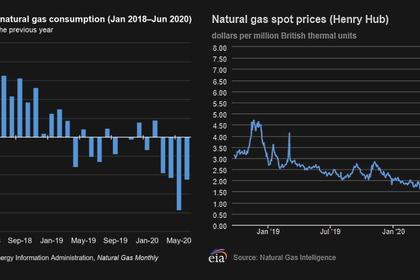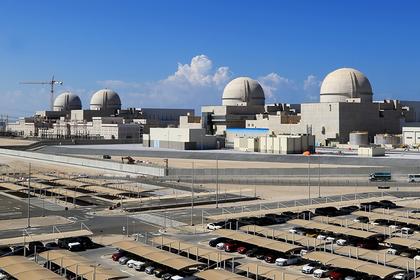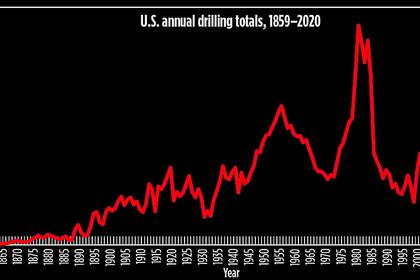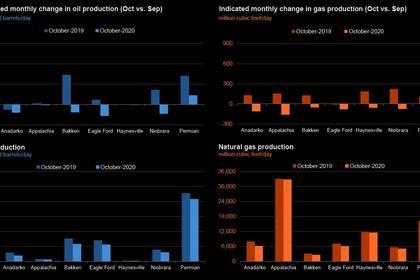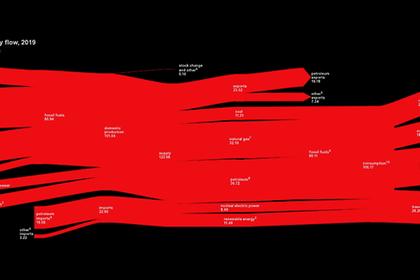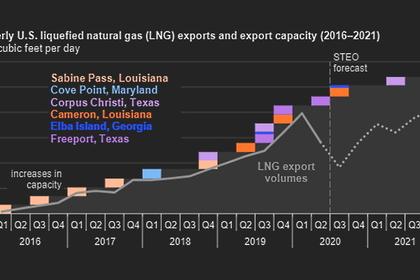
U.S., ISRAEL, UAE ENERGY COOPERATION
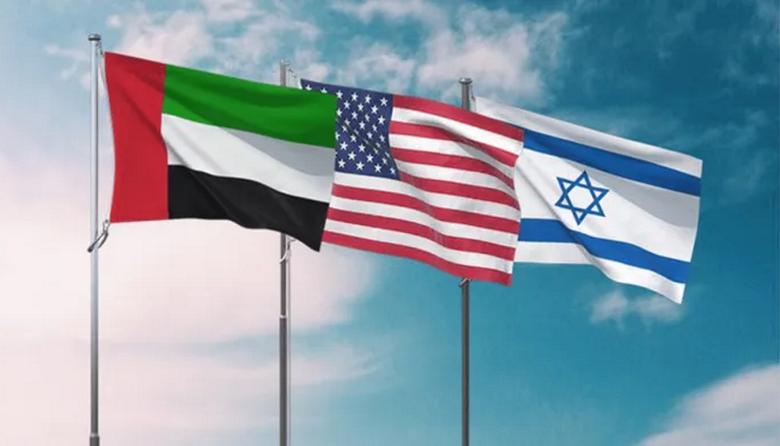
PLATTS - 02 Oct 2020 - The US, Israel and the UAE agreed to cooperate in the fields of oil, gas and renewables among other energy sectors, following the signing of a peace agreement between Israel and the UAE in September.
The three countries "agree to encourage greater coordination in the energy sector, including renewable energy, energy efficiency, oil, natural gas resources and related technologies, and water desalination technologies," according to a joint statement by the energy ministers of all three countries posted on the US Department of Energy website Oct. 1.
"Israel, the United Arab Emirates, and the United States are committed to exploring collective activities in multilateral settings in coordination with financial institutions and the private sector to enhance international investment in research and development and the rapid adoption of new energy technologies," the statement added.
The UAE, which signed a peace agreement with Israel in Washington on Sept. 15, may cooperate with Israel in the fields of water desalination and solar power, as OPEC's third-largest oil producer seeks to generate 44% of its power from renewable energy by 2050, energy minister Suhail al-Mazrouei said Sept. 14.
Capacity boost
The UAE is the first member of the Gulf Cooperation Council to seek a peace deal with Israel, which has two other such pacts with Middle East countries Jordan and Egypt, besides the Oslo peace accords with the Palestinians. The GCC also includes Bahrain, Qatar, Oman, Kuwait and Saudi Arabia.
Both the UAE and Bahrain signed on Sept. 15 peace agreements with Israel in Washington, and US President Donald Trump expects more Middle East countries to normalize ties with Israel.
Abu Dhabi National Oil Co., the UAE's biggest energy producer, is planning to ramp up its crude production capacity to 5 million b/d by 2030 from 4 million b/d currently, with the help of international oil companies. It is also boosting gas production.
In addition, the UAE is undertaking various solar projects in a bid to diversify its energy mix and free up oil and gas for export. It wants to generate 50% of its power from clean and renewable energy, including nuclear power, by 2050.
The UAE became the first Gulf country to generate power from nuclear energy this year, with the start-up of one of its four nuclear reactors. Once all the reactors are operational, they will produce 5.6 GW of nuclear energy, meeting up to 25% of the country's power needs.
2030 goal
Israel has made large strides in gas production with the discovery of two giant fields in the last decade.
Gas production from the giant Leviathan field, which holds 22 Tcf (620 Bcm) of recoverable gas reserves, began at the end of December 2019.
It was discovered in 2010, but development was slow due to difficulty monetizing the resource.
Leviathan is the second major gas field in Israel to begin production following the 2013 start-up of the Noble-operated Tamar field, which continues to serve the domestic market.
Israel's energy ministry also announced in June a Shekel 80 billion ($23.3 billion) plan to boost the share of solar power in the energy mix due to surging demand and population growth.
The country, which generated 5% of its electricity from solar energy in 2019, wants to boost that level to 30% or 16 GW by 2030.
Israel currently relies mostly on gas and coal to produce electricity.
-----
Earlier:
